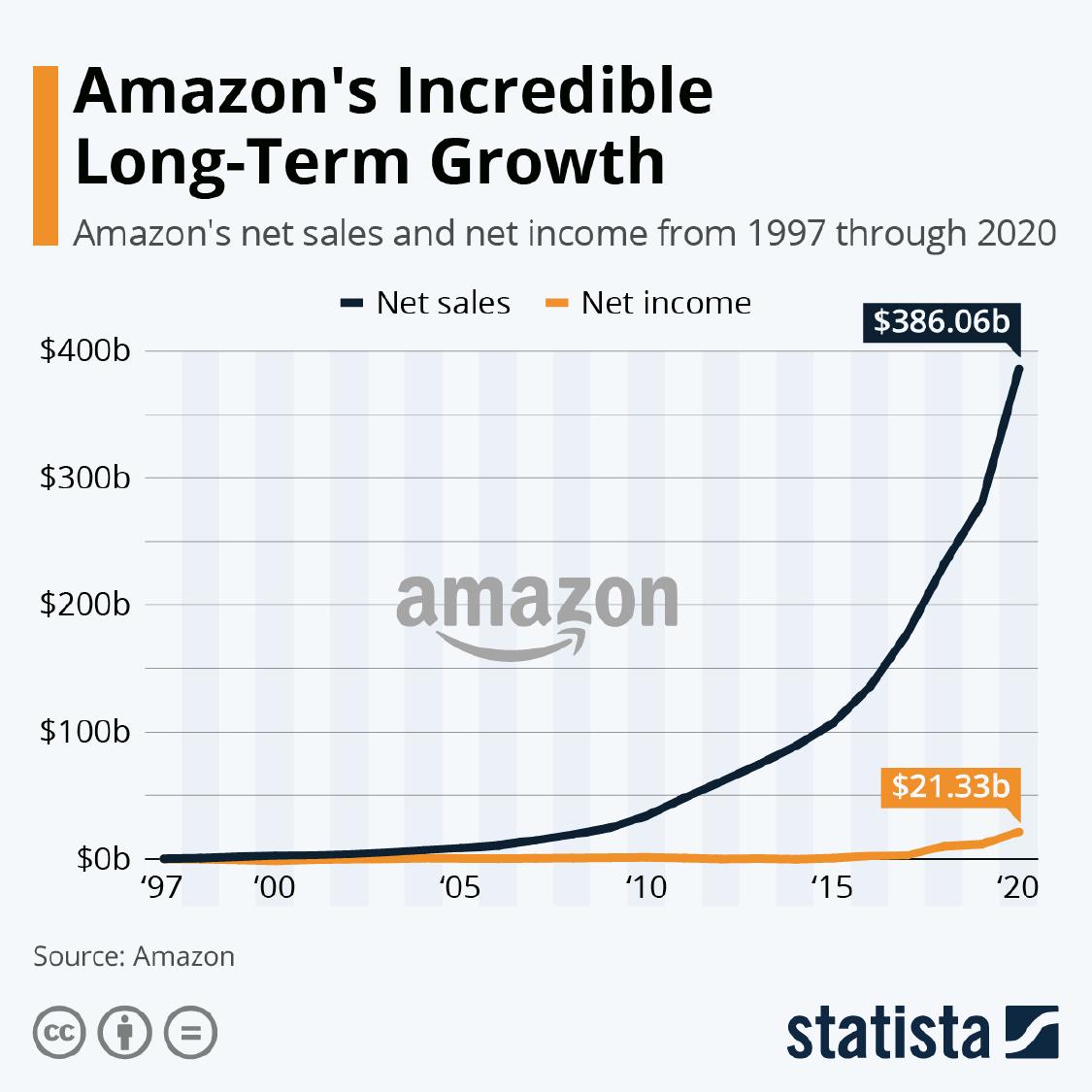
“We work to make the world a better place” is a lie. Many people get existential crisis when they realize it’s a lie after many years of hard work. The source of the crisis is an underlying principle of the Universe, you cannot build truth on the lie.
There’s no reason to get depressed about this. People just need to see the whole picture. The article presents key components of the whole picture. It should help to see the future optimistically. This is critical for engineers because it’s their job to create the future for all of us.
An engineer must realize that:
- To make the world better, we need to solve problems.
- Problems never end.
- All problems are solvable, given enough knowledge.
- Knowledge and growth come from progress.
- Businesses need growth to survive.
- Growth is made by engineers.
- Engineers are optimizers.
It’s pretty hard to have problems with motivation if you understand the points above.
1. To make the world better, we need to solve problems.
The world is not a life-support system for humans.
Winter in Siberia takes minutes to kill any human unprotected by clothing and other technology. Our species evolved in the Great Rift Valley in eastern Africa, but it was barely more hospitable. It lacked a safe water supply, medical equipment, comfortable houses, and was infested with predators and diseases.
The entire history of humanity is the history of problem solving. Currently, we’re good enough to cover most basic needs in most places.
But to go further, we need to clearly state problems, and then solve them. Not the other way. Sometimes people invent solutions and then search for a fitting problem. It’s a blind search, and it doesn’t work well.
2. Problems never end.
People in 1900 did not consider the Internet or nuclear power unlikely: they did not conceive of them at all. Because of this, they were not aware of the problems the Internet and nuclear power brings. The same happens right now, we’re not aware of future problems.
3. All problems are solvable, given enough knowledge.
This is a definition of pragmatic optimism.
If you need an example of pragmatic optimism, consider John F. Kennedy’s speech from 1962. “We choose to go to the moon. We choose to go to the moon in this decade and do the other things, not because they are easy, but because they are hard.”
Kennedy remarked that the moon project would require a vehicle “made of new metal alloys, some of which have not yet been invented, capable of standing heat and stresses several times more than have ever been experienced, fitted together with a precision better than the finest watch, carrying all the equipment needed for propulsion, guidance, control, communications, food and survival”. Those were the known problems, which would require as-yet-unknown knowledge.
The key is to state the problem and then realize what knowledge you’re missing.
4. Knowledge and growth come from progress.
Kennedy did not mean that the moon project, being hard, was unlikely to succeed. He meant that we want to engage with projects which create new knowledge. Optimistically, he expected progress.
The Solow–Swan model of economic growth won a Noble prize in 1987. According to the model, permanent growth is achievable only through technological progress. In other words, you can play with many variables in the economy, but only one variable is important – the amount of progress.
5. Business needs growth to survive.
This is a cornerstone of capitalism. If you open a business and you don’t expect it to grow, it will stagnate and die. It is true for every kind of business, from a small grocery store to an international corporation.
In effect, everybody expects the economy to grow in several years. People invest today in hope of a big return tomorrow. People feed progress and get growth and knowledge in return.
6. Growth is made by engineers.
The most interesting part for me is how engineers play their role in the global scheme of things.
Put shortly, engineers take a business and optimize it for growth. There’re two general strategies of optimization:
- Remove inefficiencies. Sometimes business relies on unstable systems. If instability costs money, then your goal is to stabilize it. Sometimes business processes are slow because they have human links. The business loses customers because of this. Also, manual work costs money. Then your goal is to automate it.
- Scale it. If the business operates in one city, build a system helping it to expand to another city. If the business produces one product, allow it to produce another. Get more users by adding features they want.

7. Engineers are optimizers.
With everything above said, a programmer’s primary goal is NOT to:
- Program things.
- Reduce the algorithic complexity from O(n^2) to O(n).
- Learn buzzwords.
- Write games.
- Make the world a better place.
- Convert files into other files.
This is often said when non-tech-savvy people ask a programmer: “what are you doing at work?”. All such responses make sense, and often happen during the daily work of a programmer, but they’re too low-level.
The high-level response is one of this:
- I make %companyname% more efficient by … (and then continue how)
- I make users of a product of %companyname% more efficient by … (and then continue how)
Conclusion.
Knowing points 1-7 will save you from existential crisis when you’ll try to explain what “better place” in “make the world a better place” means. “Better” often boils down to “good vs bad”, and it’s impossible to find black and white in the world full of shades of gray.
For example, you maintain an open-source library, which is quite good and popular. Many people say thanks to you. But years after the first release you may discover that it was used to hack medical equipment and steal patient records. This is what you know, and what you don’t know? If you didn’t try to convince yourself that you do stuff for “good”, you won’t be shocked, that’s it. Better be a professional than a victim.
The sane goal is to move the progress forward. It’s possible to do it without judging yourself.